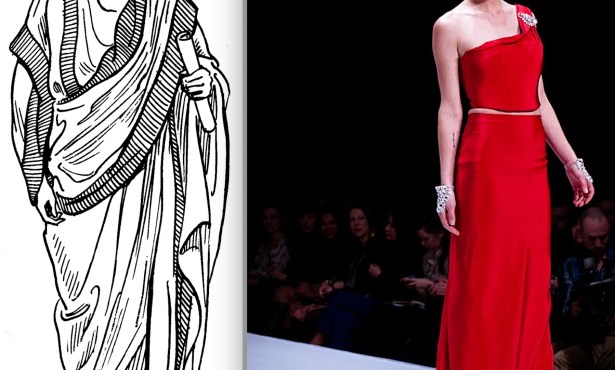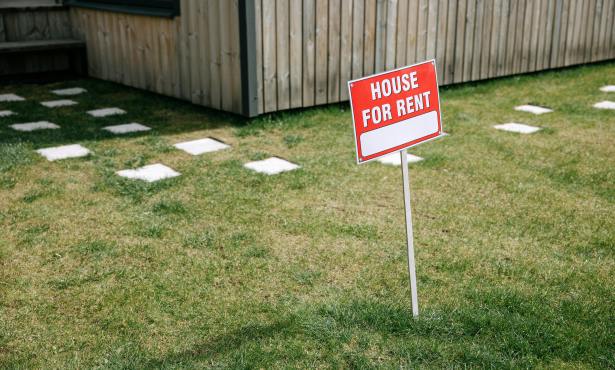When Voting Is Illegal
City of Palmdale's November Election Cancelled; S.B. Next?

WHAT’S THIS? Ernie Salomon was in a rage, as usual. Whenever he sniffs the ugly scent of rank injustice, he lets loose on his Santa Barbara TV talk show.
“This will happen here!” Ernie warned after an L.A. Superior Court judge cancelled Palmdale’s November 5 election.
Judge Mark V. Mooney slammed the windblown high-desert town, calling its at-large system of voting unconstitutional because it makes it virtually impossible for minority City Council candidates to get elected. He nixed the November election and banned another until the city installs district-by-district votes.

Palmdale, its population 69 percent Latino or black, has elected exactly one Latino and no blacks since it became a city in 1962. Odd, huh? Forty percent of its people of voting age are Latino, and 17 percent are black. But why should Santa Barbara, so proud of its Hispanic heritage — Old Spanish Days and all that — also be cruisin’ for a bruisin’ in court?
After all, the Fiesta City, with an estimated Latino population of at least 35 percent, does elect Spanish-surname City Council candidates — about once a decade. Let’s see, Gil Garcia joined the City Council in 1991 and served 10 years, and Cathy Murillo won a seat in 2011.
In July, the judge ruled the Palmdale system unconstitutional, but the city chose to ignore the decision and went right ahead with at-large election plans. Modesto and other cities have heeded the court and switched to district elections, but not Palmdale.
Why anyone would want to live in that godforsaken redneck town is beyond me, except to escape the urban horrors of L.A., but you’d think the City Council would at least make a stab at democracy. But no, it would rather fight than switch and is appealing the ruling. Its city attorney calls the ruling “wildly unprecedented and radical.” So was the U.S. Constitution.
The city of Whittier, also being sued under the 2002 California Voting Rights Act, has scheduled an election next June asking voters whether they want to switch. Interestingly, its April election will be by district.
You might be surprised to learn that Santa Barbara used to vote under the ward system. But that ended with a major charter revision in the 1960s. The feeling, as I recall, was that splitting the town up into wards just created little fiefdoms ruled by fuddy-duddy councilmembers more concerned with potholes than city problems as a whole. One was even caught lying about being a star major league outfielder many years earlier.
Salomon says the city has other things on its agenda than voting rights, like kissing up to the downtown business establishment, while residential neighborhoods are shortchanged in services. “Bars, visitors, and tourists are more important than our local residents.”
Mayor Helene Schneider tells me that Santa Barbara has no plans to go to a district system. And she pointed out that an election would be required to revise the charter and return to some form of the ward system.
That might be a problem. People are used to voting on all candidates they hear about, not just those running in their district. One option is a hybrid district system with the mayor running at large and all voters getting a shot.
As fair as this might seem, I don’t see it happening anytime soon — unless some out-of-town judge bangs his or her gavel. And so far, I don’t know of anyone running to the Courthouse to file suit.
The California Voting Rights Act bans at-large elections aimed at watering down voting power of minorities. About 20 cities, school districts, and other agencies have been sued, and most ended up abolishing the at-large route, according to the L.A. Times. If Ernie is right, could Santa Barbara be the next one in court?
NOT CITY OWNED: There seems to be some confusion in the minds of some about who will own the hilltop Clark property, Bellosguardo, now that the late Huguette Clark’s $300 million estate has been settled by negotiation. The City of Santa Barbara will not own it, although the mayor gets to nominate seven people for the board of directors. It will be owned by a New York nonprofit run by a board of 10 members. The other three will be nominated by the following: one by Clark’s longtime Santa Barbara attorney, James Hurley; one by Clark’s distant relatives; and one by the Corcoran Gallery of Art in Washington, D.C. The New York attorney general will have to approve the directors.



